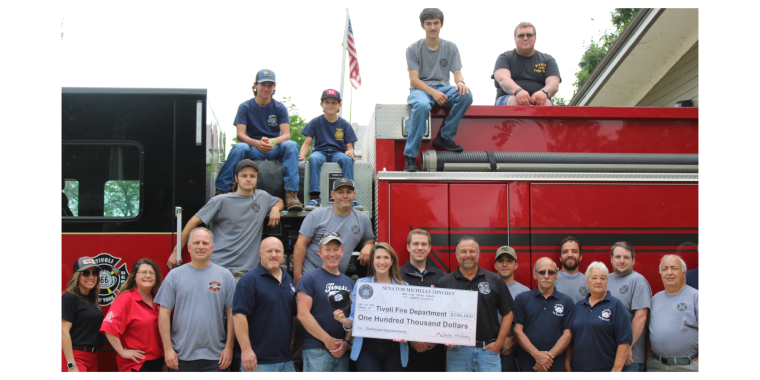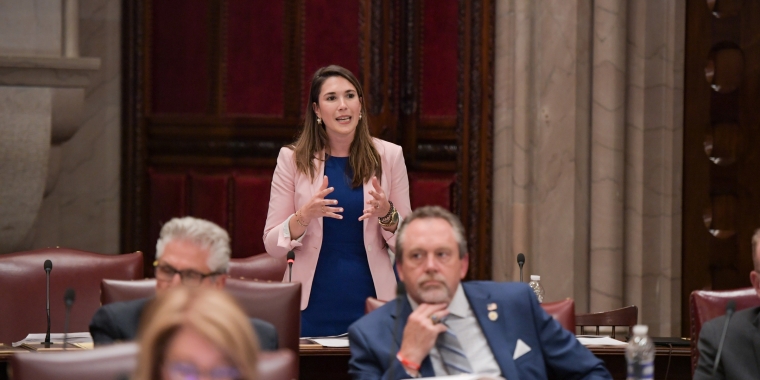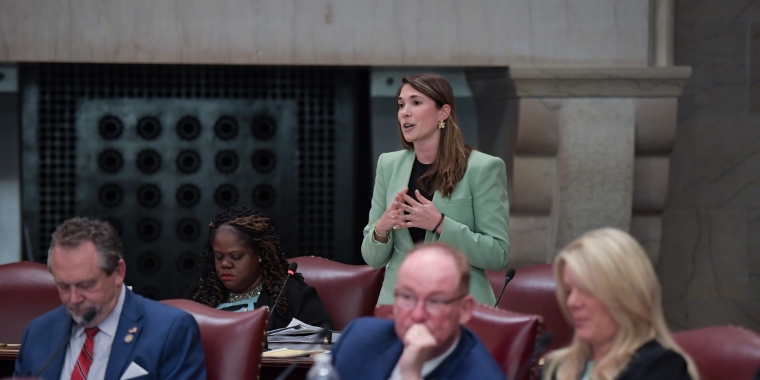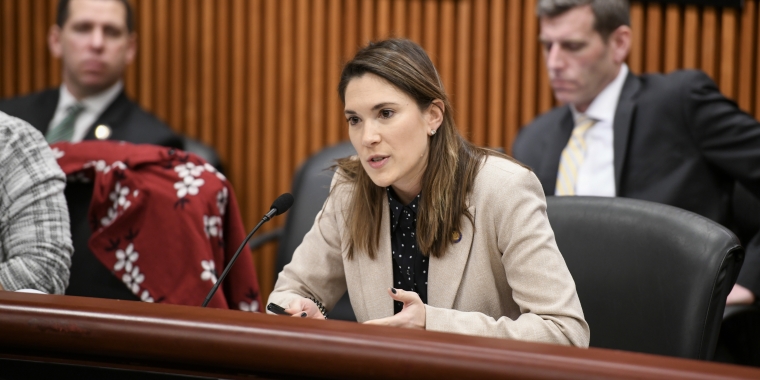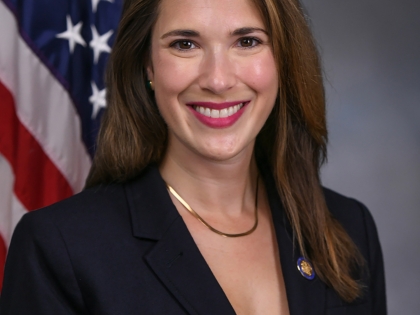
Four Hinchey Bills Expanding Healthcare Access Signed into Law by Governor Hochul
January 3, 2022
-
ISSUE:
- Health Equity

ALBANY, NY – State Senator Michelle Hinchey (SD-46) today announced that four of her bills to address health equity challenges in rural and upstate New York have been signed into law by Governor Kathy Hochul. One bill establishes the Rural Ambulance Services Task Force to study the challenges facing rural emergency medical service (EMS) agencies and develop solutions to keep them operating, another bill requires that all shelters in New York State provide menstrual products to clients — free of charge, a third bill authorizes air ambulances to carry and transfuse blood products to ensure upstate residents have access to this form of trauma care. The final bill creates new enrollment opportunities for New Yorkers to make life-saving organ and tissue donations.
“Upstate communities have seen a dramatic decline in healthcare services caused by decades of systemic underinvestment. We deserve better, and I’m incredibly proud that the Governor has signed four of my bills that work to close healthcare gaps and demonstrate progress towards better health equity for our region,” said Senator Michelle Hinchey. “With this legislation, we are finally prioritizing rural EMS services, providing dignity to those in need of period products while in our shelter system, fixing an egregious and arcane law by giving air ambulance paramedics the ability to carry and transfuse blood, and expanding opportunities to save a life through new avenues for organ and tissue donation. We need a more comprehensive and robust healthcare system and I’ll continue to do everything I can to make sure we close the gaps in care across New York State.”
The legislation authored by Hinchey is as follows:
Establishing the New York State Rural Ambulance Services Task Force
This legislation (S3503C/A1561C) creates the 12-member Rural Ambulance Services Task Force, which will be responsible for examining the challenges that have accelerated dozens of EMS closures in recent years and threatened the future viability of many others. Task Force stakeholders will assess the business and funding models of rural ambulance agencies statewide and report their recommendations to the legislature to help keep EMS services available to rural residents.
In a 2019 survey conducted by the New York State Emergency Medical Services Council, 59% of rural volunteer responders reported that their ability for timely EMS responses in their community was moderately or severely impaired by staff shortages, a leading issue that has pushed many rural ambulance services to the breaking point. Rural EMS providers in New York State, primarily sustained by volunteers, continue to face distinct challenges that the COVID-19 pandemic has exacerbated, including a growing financial crisis in the current ambulance reimbursement structure, a limited capacity to raise wages for career EMTs and paramedics, and difficulty covering operating costs.
Authorizing Air Ambulance Crews to Carry and Transfuse Blood Products
This legislation (S4085A/A2561B) effectively overturns an outdated state law that had restricted air ambulance providers from transporting human blood products and administering transfusions to trauma victims at the scene of an emergency — an oversight Hinchey maintains put rural residents at extreme and unnecessary risk as those living in more rural areas generally have less access to trauma care compared to their urban counterparts. The measure also allows medevac companies to donate unused blood to rural hospitals, where resources are scarce, as well as store blood products at their bases without having to obtain a blood bank permit, which industry experts have attested is unrealistic for medevac companies to secure.
Making Menstrual Products Available for Free at Shelter Facilities
This legislation (S6572/A529A) requires all shelters in New York State that provide temporary housing assistance to ensure that menstruating individuals have access to products, including sanitary napkins, tampons, and panty liners, at no cost. In 2016, New York City became the first in the U.S. to make free menstrual hygiene products available to people in homeless shelters. Hinchey, who represents the most rural district in the Senate Majority, has worked to bring this model to shelters in rural and upstate New York.
Stigma, financial barriers, miseducation, and sexism around menstruation have forced millions of Americans into period poverty; a phrase used to describe a lack of access to menstrual products due to economic constraints. Industry surveys estimate that 1 in 4 women struggle to purchase menstrual supplies because of a lack of income, and 4 in 5 teens have either missed school or know someone who has because menstrual products were not available to them. Inadequate menstrual hygiene management can lead to severe physical health impacts, particularly among low-income individuals who are often forced to use unhygienic materials and are therefore at increased risk of infection and infertility.
Expanding Organ Donation Enrollment Opportunities
This legislation (S5973/A6392) creates three new avenues for individuals to register as organ donors when completing state-issued electronic transactions administered by the following entities: the New York State Office of Temporary Disability Assistance, the Higher Education Services Corporation, and the Office of Tax and Finance. Studies have shown that urban residents are significantly more likely to be placed on waiting lists and receive transplants than those living in small towns or rural areas. Hinchey’s bill will provide millions of New Yorkers from demographically diverse segments of the population with the opportunity to enroll as organ donors and help close this gap.
Last year, nearly 600 New Yorkers died due to a lack of available organs for transplant, and about 1,500 people have been on the national transplant waitlist for more than five years. In 2019, 11% of New Yorkers in organ failure went out of state to have their transplant — an option that is often only available to patients with private health insurance. According to Donate Life New York State, there are 8,528 New Yorkers currently waiting for a lifesaving transplant, and just one organ donor can save the lives of eight people while healing 75 more through an eye and tissue donation.
###
Share this Article or Press Release
Newsroom
Go to Newsroom